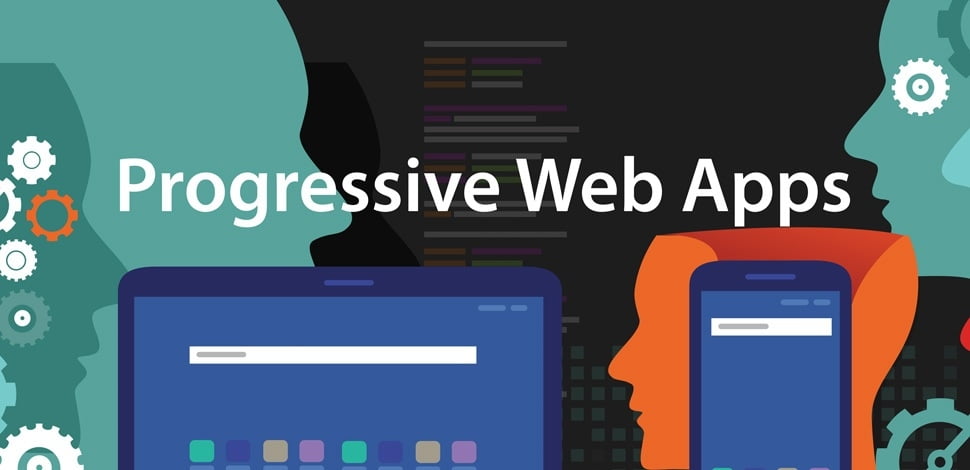ul. Strzegomska 2-4
53-611 Wrocław
NIP 8992786490
KRS 0000608120
REGON 363987723
Global4Net Sp. z o. o.
+48 71 358 41 00
© 2009 – Global4Net. All Rights Reserved.

PWA (Progressive Web App) is a solution that has emerged quite recently and immediately became a very hot e-commerce topic. It is commonly associated with the use of the largest and well-known global websites such as Alibaba, Forbes, Twitter or The Washington Post. Due to the fact that PWA allows for a significant increase in performance and scalability, its use is increasingly taken into account by medium and large online stores.

The Progressive Web App has been created to provide users with more than an average shopping experience. According to the assumption of PWA, regardless of the device used by the user, he should be able to quickly and easily get to the most important content and products that he is interested in. From the user’s point of view, the PWA operation does not differ from the mobile application installed on the phone but works as a standard website. Regardless of whether the user loses access to the internet or loses connection with the application server, it would ideally be possible to place an order and browse the content. PWA is responsible for this need. One of the most important advantages, apart from the significant unloading of the server and the acceleration of displaying content to users, is the possibility of operating in offline mode. It should be emphasized that in order for PWA to be widely used, it was necessary for this technology to meet several additional conditions:
– responsiveness support,
– offline operation,
– support via the https protocol,
– enabling the display of notifications for users who are offline,
In its assumptions, PWA strongly separates the frontend from the backend, i.e. in contrast to the traditional web application, a connector is created, through which data is transferred to the PWA and cached in the cache, so-called local storage. On the one hand, PWA is run on the browser side like a normal website, on the other hand, its operation is somewhat similar to the operation of a native application, which does not require an internet connection for later operation.
A mobile app is created only for use on mobile devices. From the user’s point of view, mobile apps are more developed and offer a variety of possibilities like sending notifications, use of a barcode scanner, beacons, or access native phone functions.
Increasing the efficiency and speed of application is the main assumption of PWA. It is implemented by separating the functions performed on the backend and frontend sides. Communication between these two components is enabled by the REST API using the JSON format. Communication takes place by asking a specific query for specific data using the HTTP protocol. Thanks to such a solution, the frontend works independently from the backend, and the whole application can be controlled and developed independently.
It depends. PWA is certainly the future of e-commerce, but nowadays the implementation of this technology is so expensive that it will work only for medium and large online stores, allowing them to gain an advantage unavailable to smaller players. The cost of implementing PWA is now similar to setting up a large online store, e.g. on the Magento platform. According to surveys conducted by Alibaba and published by Google, the use of PWA increased the conversion from the browser by as much as 76%, the number of active mobile users increased by 14% for IOS and 30% for Android respectively. PWA is definitely the future. The Global4Net team is currently carrying out development works on the implementation of this technology on the Magento platform using the React language.
Write to us




